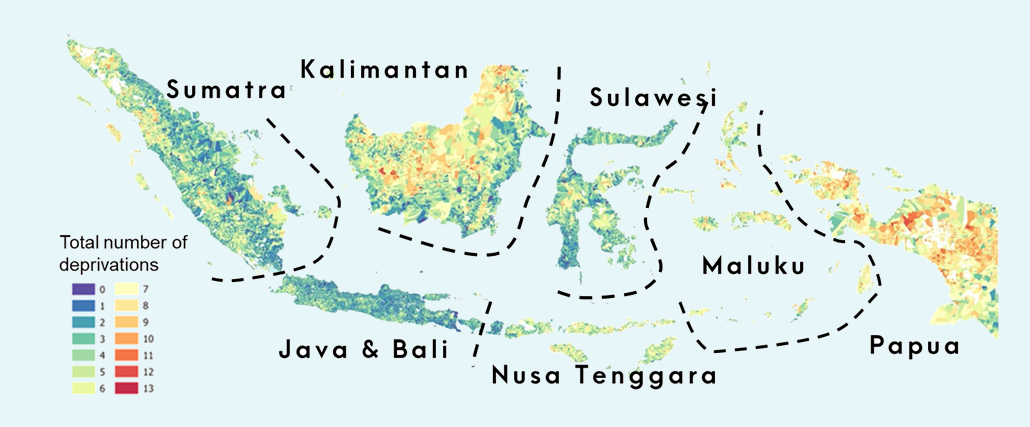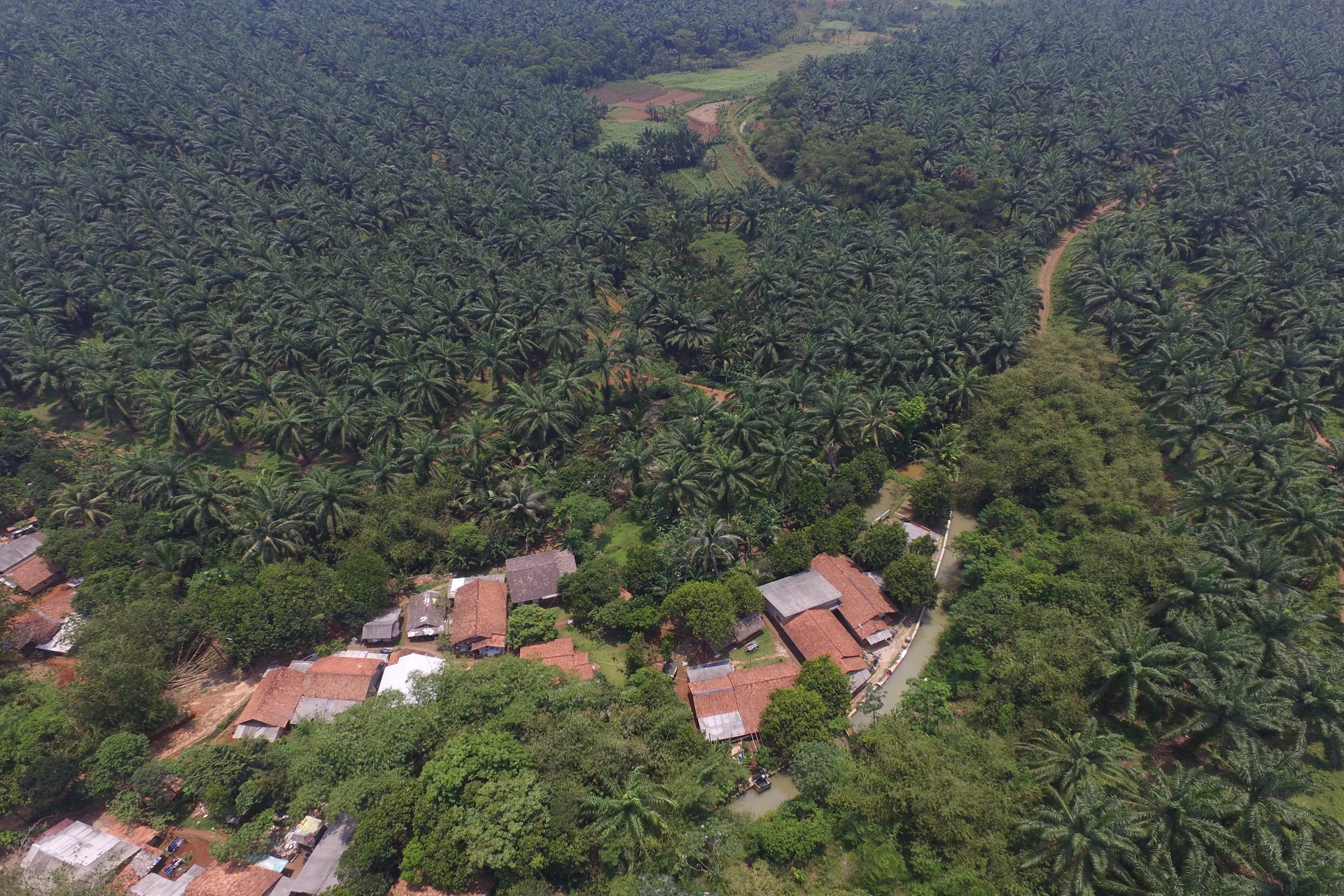To date, most defaunation studies investigating human factors rely on simple proxies, such as accessibility or human population density, which are thought to be linked to hunting. We will extend this scope by exploring the roles of socioeconomic and socioecological wellbeing on defaunation outcomes.
Poverty and prosperity have a range of implications for the ways people use forests and interact with nature, and remain critical constraints on conservation. Economic growth can shift rural livelihoods, leading to less dependence on forests and wildlife. More affluent societies can also have greater demands on land and resources, leading to additional pressures on biodiversity.
This information can be extracted from Indonesia’s government census data. Postdoc Courtney Morgans compiled census data over a 20-year period across Indonesia, which have been used in several impact evaluations in the conservation literature. In our latest work, published in Conservation Letters, we examined trade offs between conservation and development outcomes around protected areas in Sumatra and Kalimantan. Research students in the Hub are also implementing detailed household-level case studies in different parts of Indonesia to verify whether census information reflects information on the ground.

Multidimensional poverty index from the 2018 PODES census
